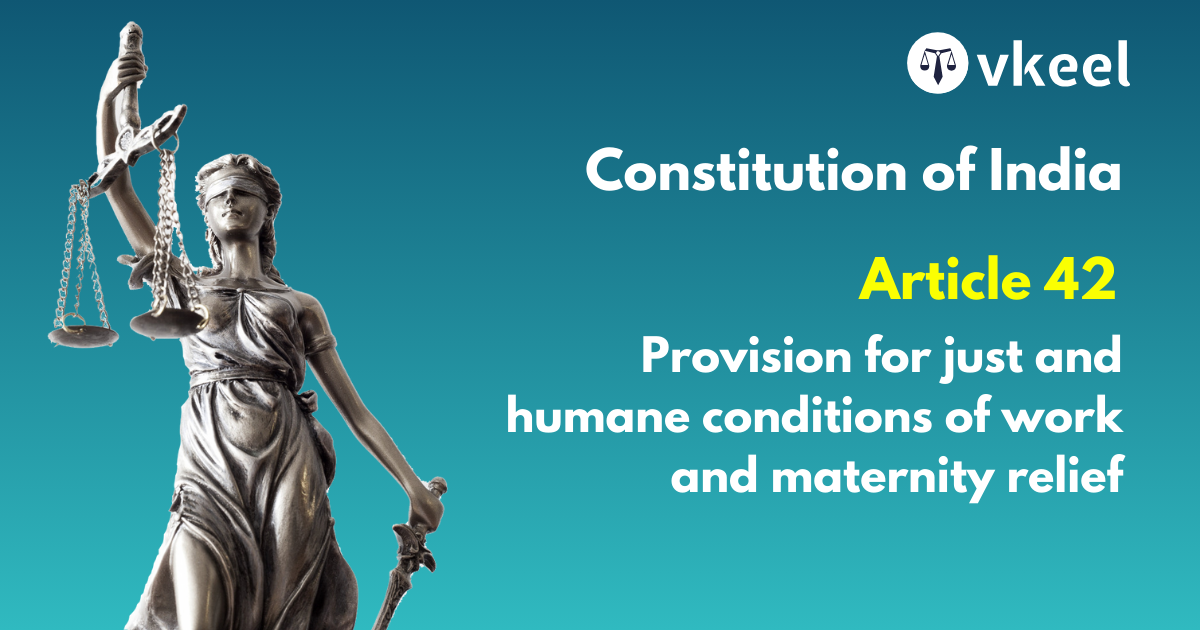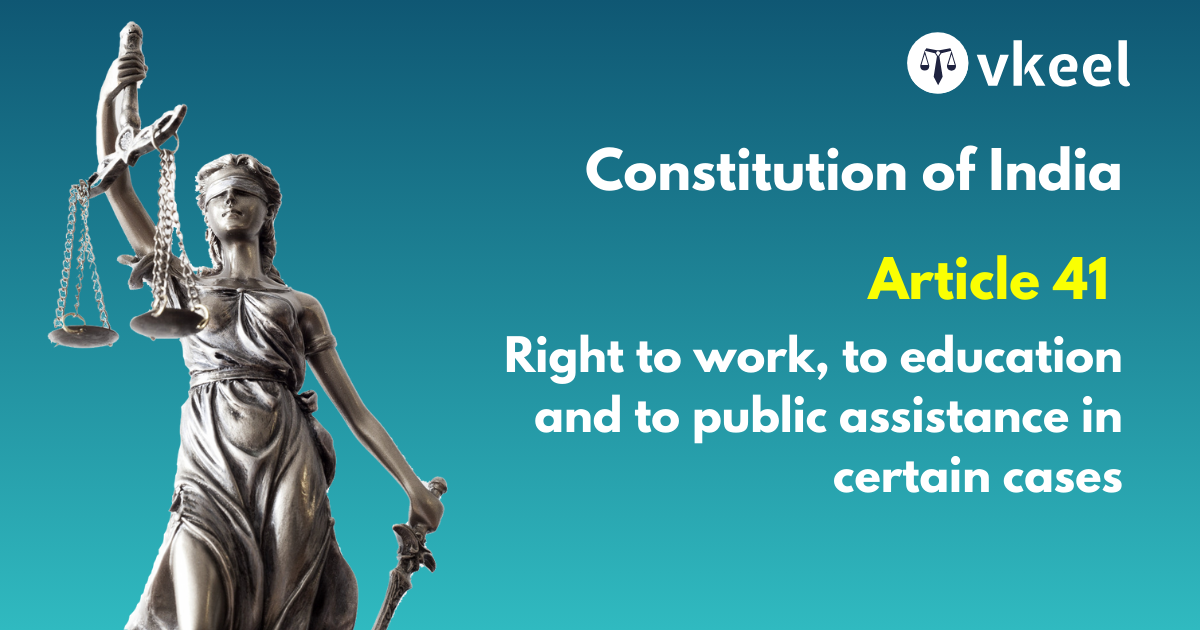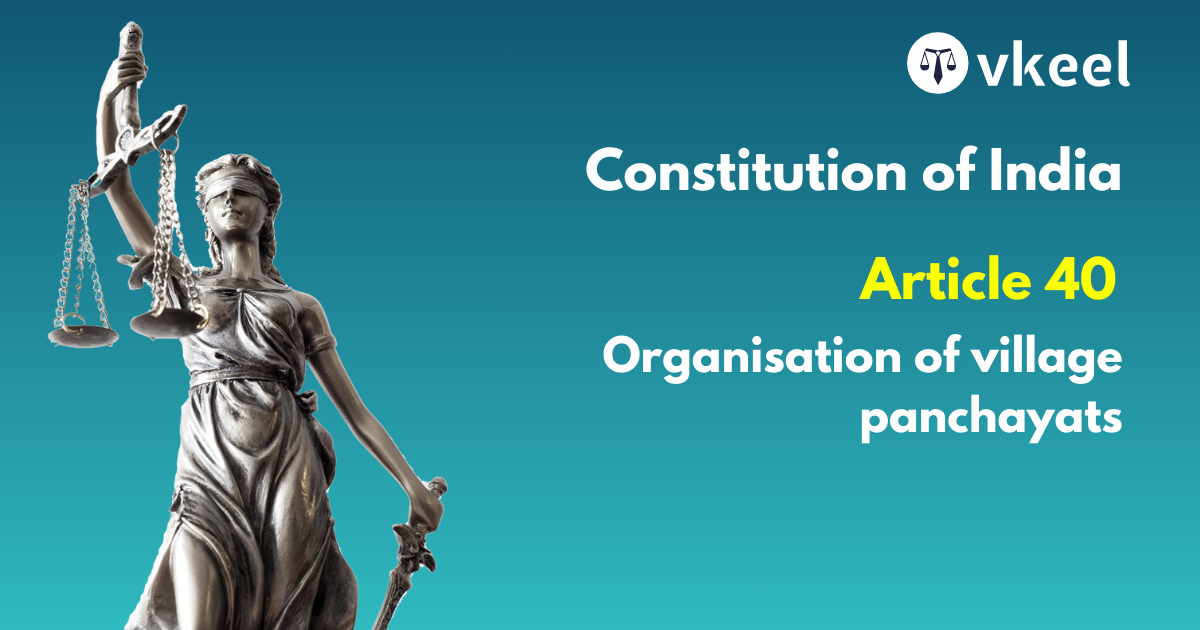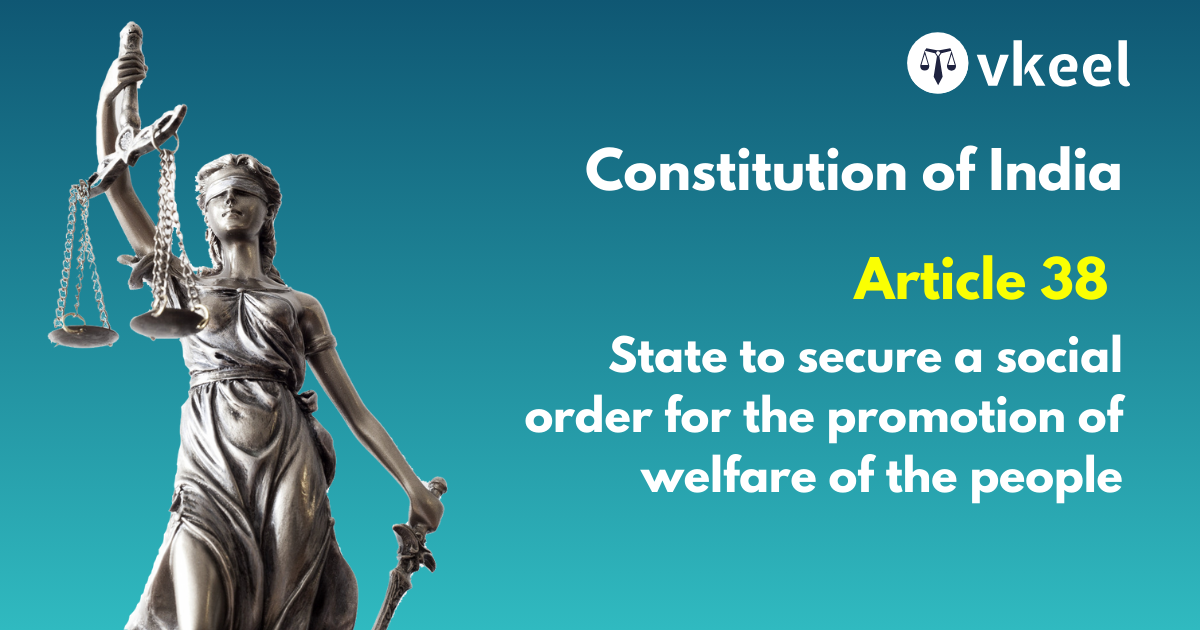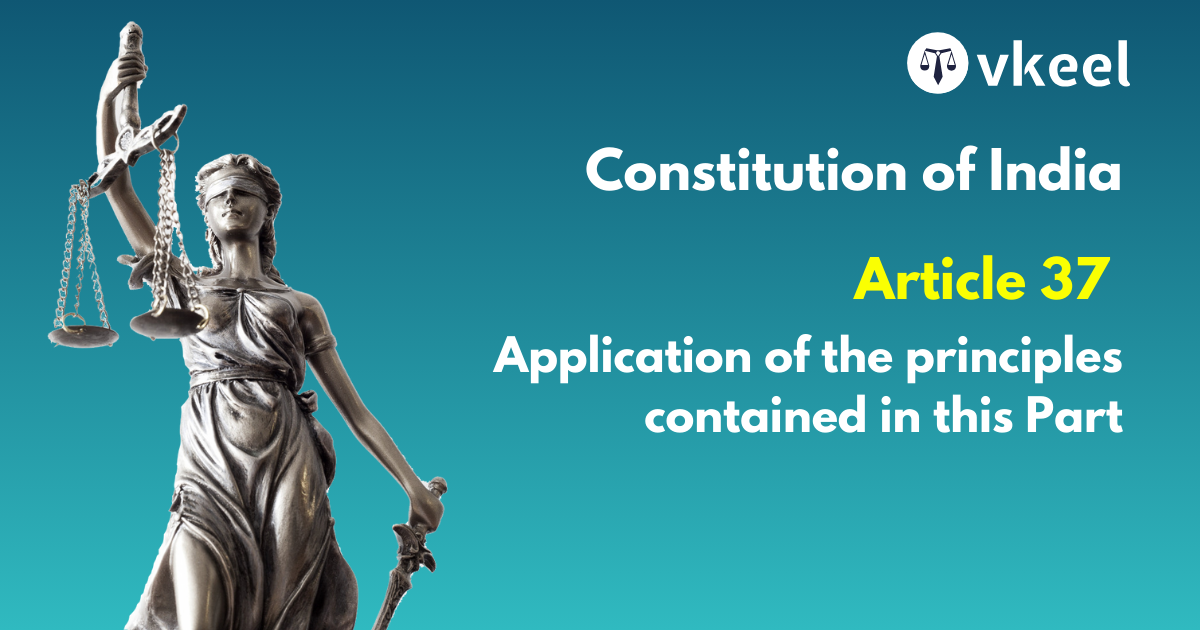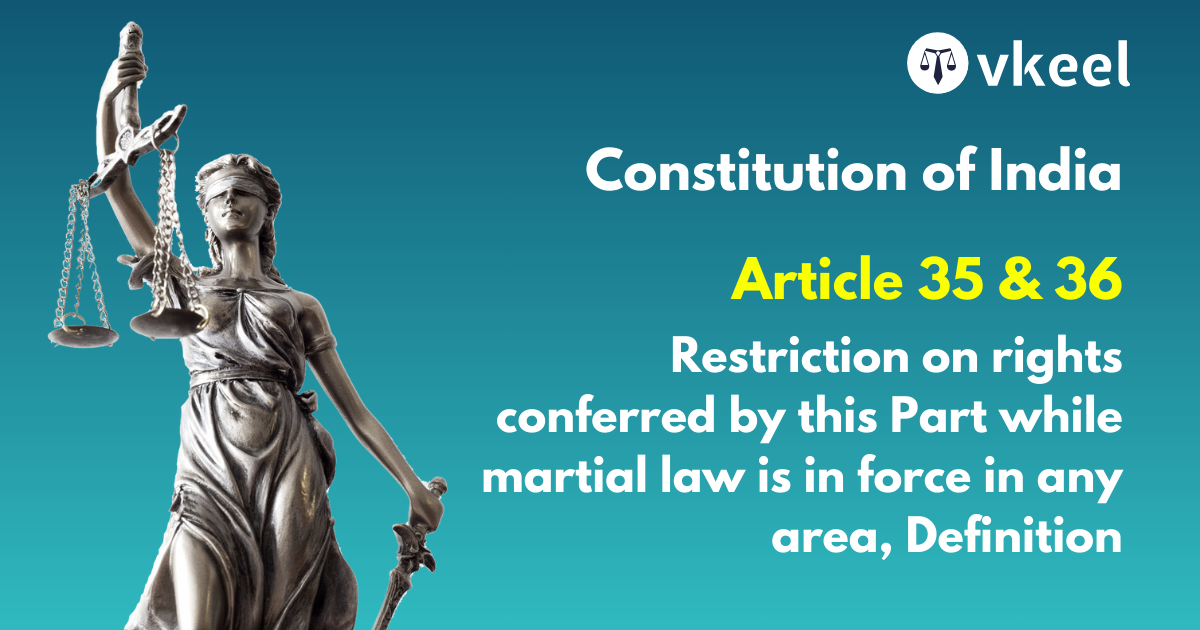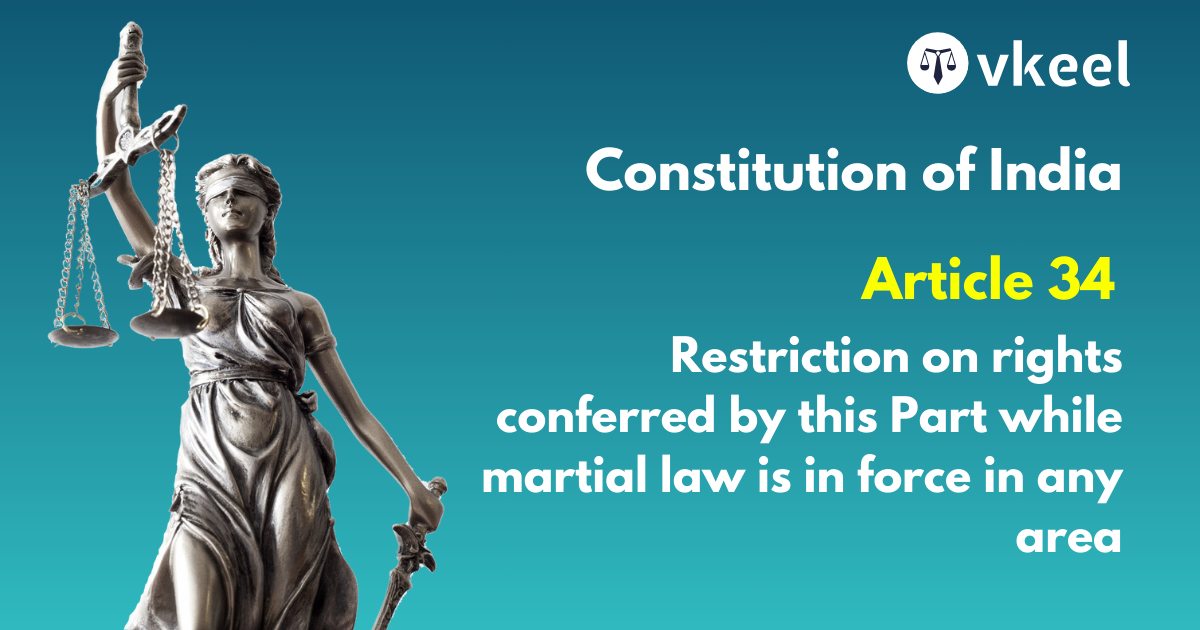Article 13: Laws inconsistent with or in derogation of the Fundamental Rights
By Vanshika Saini
Table of Contents
Introduction
Article 13 which has been enumerated inter-alia that all laws in force within the territory of India spontaneously before the commencement of Constitution of India, to the extent to which they are inconsistent with the Fundamental Rights of the individual, shall to such extent of inconsistency beheld void by the Judicial system of India.
In the present Article’ Law covers the custom or usage having the force of law . Thereafter even if there existed a custom which has been recognized by law with regards to the herediatary village office, that custom must yield to a Fundamental Right.
The true effect of the provision is to render an act inconsistent with Fundamental Right, inoperative to the extent of inconsistency.
With the due regards to the Legislative organ of the Stare , the Fundamental Right has been in furtherance to the aforesaid, consolidated by the provisions of the Article 13.
Article 13 narrates the tale of ‘doctrine of eclipse’ and doctrine of severability. Former can be invoked only if there is an error which is established by the Judiciary with regards to the pre- constitutional laws of the country.
Article 13
Laws inconsistent with or in derogation of the fundamental
rights.—
(1) All laws in force in the territory of India immediately before the
commencement of this Constitution, in so far as they are inconsistent with the
provisions of this Part, shall, to the extent of such inconsistency, be void.
(2) The State shall not make any law which takes away or abridges the
rights conferred by this Part and any law made in contravention of this clause
shall, to the extent of the contravention, be void.
(3) In this article, unless the context otherwise requires,—(a) “law” includes any Ordinance, order, bye-law, rule, regulation,
notification, custom or usage having in the territory of India the force of
law;
(b) “laws in force” includes laws passed or made by a Legislature
or other competent authority in the territory of India before the
commencement of this Constitution and not previously repealed,
notwithstanding that any such law or any part thereof may not be then in
operation either at all or in particular areas.
[(4) Nothing in this article shall apply to any amendment of this
Constitution made under article 368.]
Landmark Judgements
In State of Madhya Pradesh vs Thakur Bharat Singh it was judicially interpreted ‘If the power conferred by a law authorised the imposition of unreasonable restrictions, the clause must be deemed to be void, for article 13(2) of the Constitution prohibits the State from making any law which takes away or abridges the rights conferred by Part III, and laws made in contravention of article 13(2) are to the extent of the contravention void. They are void when enacted.
In Maharaja Shree Umaid Mills ltd. vs Union of India, 1963 it was ruled that ‘A contract is essentially a compact between two or more parties; a law is not an agreement between parties but is a binding rule of conduct deriving its sanction from the sovereign authority. From this point of view, there is a valid distinction between a particular agreement between two or more parties even if one of the parties is the sovereign Ruler, and the law relating generally to agreements. The former rests on consensus of mind, and the latter expresses the will of the Sovereign.
Conclusion
In its true essence the article prescribes to any legislation in generality.
To conclude , the aforesaid article construes that the Fundamental Rights entailed in Constitution of India, cannot be bartered away, nor can there be any estoppel against the exercise of the former.
Disclaimer:
The information provided in the article is for general informational purposes only, and is not intended to constitute legal advice or to be relied upon as a substitute for legal advice. Furthermore, any information contained in the article is not guaranteed to be current, complete or accurate. If you require legal advice or representation, you should contact an attorney or law firm directly. We are not responsible for any damages resulting from any reliance on the content of this website.



